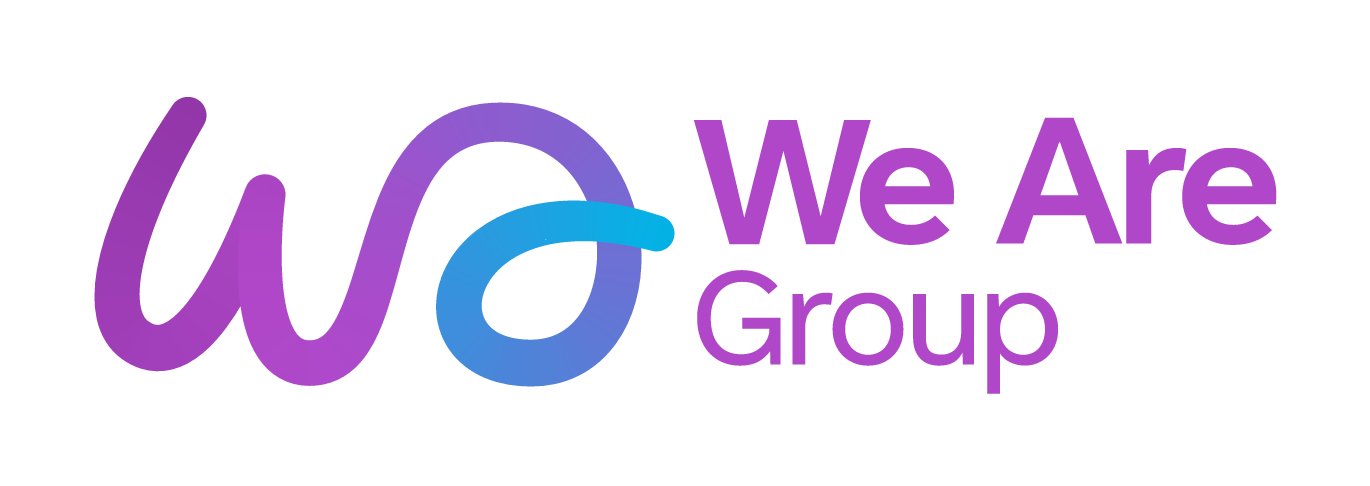We sat down with our Founder and Chief Growth Officer, Matthew Adam, to hear his professional prediction on the evolution of UK welfare and what he hopes it’ll become by overcoming operational obstacles. He also touched upon how We Are Group is turning his hopes into reality by optimising the delivery of welfare services via a unique Wel-Tech Platform.
What is current UK welfare like?
UK welfare is an enormous marketplace. Year upon year, welfare is our government’s biggest cost, with statistics showing that social protection spend, that is our spend on pensions, sickness and disability, social exclusion, family and children, and housing, consistently forms about a third of our GDP (Gross Domestic Product) (House of Commons). That third equated to £318.8 billion between 2022 and 2023. (Statista).
However, even though UK welfare is an enormous marketplace with a huge output in spend and service, it feels like a forgotten marketplace. Talent, brainpower, money, and research, amongst other resources, are being invested into other sectors, like fin-tech, health-tech, and environmental-tech. And whilst these sectors are equally as important, the lack of investment into welfare, especially considering the size and significance of it, just feels unbalanced. As the core of society, supporting people in all important facets of life, including income, employment, skills, money, and utilities, welfare deserves to be modernised and optimised.
What are some of the challenges faced by UK welfare services?
When talking about someone’s welfare or a community’s welfare it involves so much; it involves so many components, including digital skills, money and debt support, ethical and fair lending, benefits and grants, maximising income, alleviating food and fuel poverty, as well as mental and physical health, education, and skills and employability. The sheer variety that welfare encapsulates is astounding. This variety is a challenge in itself, because connecting and resolving all these components of welfare is challenging.
As a result of this complex variety of welfare, welfare services are very fragmented. A myriad of welfare services, each handling different components of welfare in different ways and in different geographies, has created a perplexing maze of service providers. Add them all together and there’s millions of variations of services that are all very siloed. Service providers are working on their own in isolation and are not connected. This means no awareness of what peers are doing, and, more importantly, there’s no awareness of where people should go to get the support. It’s all very messy an inefficient as there is no single one place for people to get the help they need.
Many organisations state that when a person does present a need, they are signposted to a service in a “light touch” way. From that point, everything is lost – did they get help? Was their problem solved? Do they need further support? The chain of communication can’t exist because people are passed to the next part of a siloed process.
Addressing and tackling this challenge of siloed welfare services, We Are Group has invested in and developed a unique Wel-Tech Platform.
Our Wel-Tech Platform ultimately connects people with local organisations who can provide the right support, all the while streamlining and optimising the process by managing the end-to-end journey. Doing this, our Wel-Tech Platform takes away the admin and cost pressures of the local organisations, meaning they are fuelled with more time and can direct their resources to the frontline of welfare. Thus, the maze becomes a matrix.
In what ways do you expect UK welfare to change?
I hope and expect that UK welfare becomes much more connected. I hope that new methodologies, like our Wel-Tech Platform, become the new, operationally-optimised model for the welfare sector. If our Wel-Tech Platform becomes the accepted operational model for welfare, then funding institutions (whether central/regional government, corporates, or housing associations etc.) will be able to make their funding go further, and help more people for less money.
I often get asked the “so what?” and “what’s the point?” questions, and the response is always in the proof. Since 2021 We Are Group has:
- Helped more than 100,000 vulnerable people receive direct support via our Wel-Tech Platform
- Enabled our funding clients to receive up to 270% Social Return on Investment when delivering their services (using our unique SROI calculations).
We Are Group has proven that a new welfare methodology - our Wel-Tech Platform – can connect local organisations, forming a Community Partner Network, can reduce admin and cost pressures for this Community Partner Network, and can have a measurable and powerful impact on people’s lives and communities.
Lastly, I hope that We Are Group’s purpose – empowering people in need to live a better life – becomes a common sentiment amongst the whole of UK welfare. Because a shared purpose and a revived focus bring alignment and create operational excellence.
For an in-depth discussion on advancing welfare, listen to our UK Welfare podcast episode featuring Matt Adam: Social Footprint Podcast



